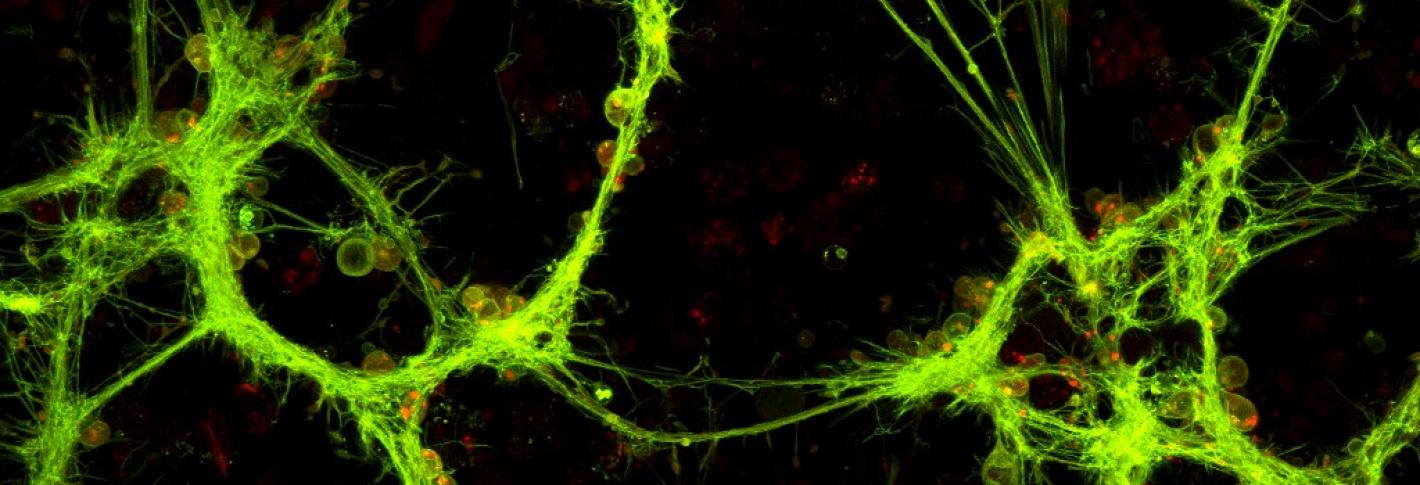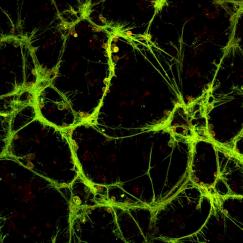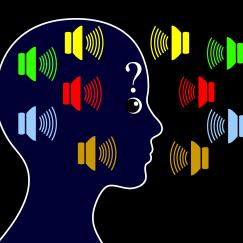




Alzheimer’s disease and other dementias are neurodegenerative conditions characterized by a progressive loss of some mental functions, such as memory loss and cognitive decline. Through fundamental research on how the brain stores and recalls memory and on the biology of neurodegeneration, Picower researchers are developing crucial insights and working to translate them into potential therapies.

In the brain, neural circuits mediate senses of reward and aversion, memory and behavior. Perturbations in these circuits may result in disease states such as anxiety. By studying the anatomy, function and dynamics of these circuits in regions such as the amygdala, as well as their connections with other regions, Picower scientists are unraveling the bases of these disorders.
Autism refers to a group of developmental disorders typically affecting behaviors including social interaction. Picower researchers study the neurobiology underlying a variety of forms of autism, including genetic anomalies and other ways that synapses and neural circuits may develop differently. Their studies extend to the level of cognitive functions and associated systems.

Down syndrome is the most common chromosomal disorder diagnosed in the U.S. and the leading cause of developmental disabilities worldwide. Picower research on the disorder includes creating stem cell lines and lab tissues, providing new insights into the molecular and cell biology of the disorder, and studying systems level interventions.

Early-life or “toxic” stress can significantly affect neural development and behavior. Picower Institute research includes the effects of genetic and environmental adversity in early development and many scientists also closely study the more general question of how experience changes the brain.

Huntington’s disease is an inherited, progressive, neurodegenerative disorder associated with mutation of the Huntingtin protein results in wide-ranging motor, cognitive and behavioral symptoms. Work at the Picower Institute involves advancing the understanding of how the mutation gives rise to these consequences.

Mood disorders including depression and bipolar disorder are complex in how they affect emotion in the brain. Picower researchers investigate many aspects of these disorders including the circuits, regions and neuromodulators that are relevant in how they are manifested differently in disease.

Parkinson’s disease is associated with a loss of dopamine-producing neurons, resulting in tremor and other difficulties in motor control. Research at the Picower Institute includes studies to understand how cells become susceptible in the disease as the brain ages and on improving therapeutic approaches.

A developmental disorder with typical onset in young adulthood, schizophrenia affects cognition and behavior, sometimes affecting a person’s understanding of reality. Research in the Picower Institute spans synapses and systems to help better understand the condition and how treatments might be improved.